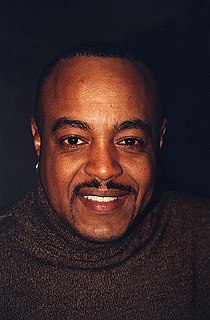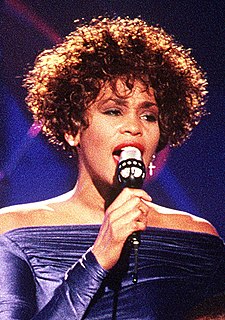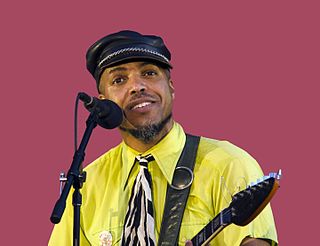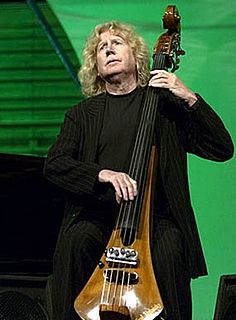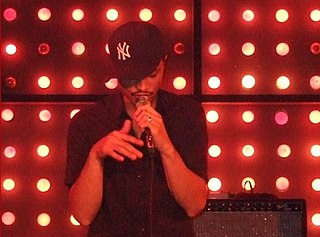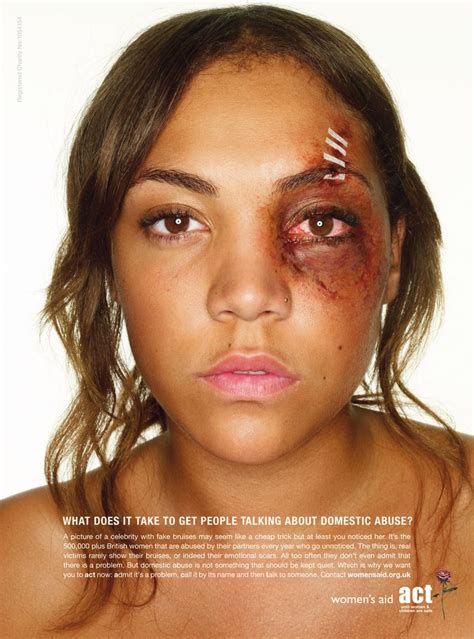A Quote by Marcus Miller
Luther Vandross and I met in Roberta Flack's band. He was singing background, I was playing bass, and Roberta was beautiful. She's like the mom to all these young musicians in New York. At that time that I met Luther, I was a musician snob. For me, the singers were just the people out in the front to keep the audience entertained. While the musicians did the real work.
Related Quotes
Luther Vandross was a musician who sang. So after a while he was also the number one background singer in New York, so he would sing for Bette Midler, he sang on "Fame," he sang for David Bowie, he sang for - whoever needed backgrounds, he would arrange the parts and hook your record up. He also sang on commercials. McDonald's, Budweiser.
I was with Miles Davisfor a couple of years as his bass player, and it was a beautiful experience. After two years I said to him, "Listen, man, I want to leave your band." He goes, "Why?" I said, "Because I want to develop not just as a bass player, but I want to get more into composition, into producing, and I'm working with Aretha Franklin and Luther Vandross and all these guys, and I want to really see how much I can grow and develop." He actually gave me his blessing.
For me, there's a tremendous challenge of singing with Faith, who, in my opinion is one of the best singers in the world. She doesn't get enough credit for being as good as she is. She's so beautiful that people look past her singing. But for a journeyman like me to keep up with her is a real tough sprint.
I visited New York in '63, intending to move there, but I noticed that what I valued about jazz was being discarded. I ran into `out-to-lunch' free jazz, and the notion that groove was old-fashioned. All around the United States, I could see jazz becoming linear, a horn-player's world. It made me realize that we were not jazz musicians; we were territory musicians in love with all forms of African-American music. All of the musicians I loved were territory musicians, deeply into blues and gospel as well as jazz.
Being a classical musician I'm fascinated with how my colleagues, not just singers, but every musician finds ways to express something else or something new or the same ol', same ol' in classical music. I'm always in dialogue with other musicians at least orally, if I can't be with them and a lot of dead musicians as well. I've learned a lot from dead people on recordings.
I think we did our first session in 1958. There were no black background singers - there were only white singers. They weren't even called background singers; they were just called singers. I don't know who gave us the name 'background singers,' but I think that came about when The Blossoms started doing background.
I think comparisons are very on the surface. If I sing, like, 'Park Bench People,' and there's kind of a social undertone, people will say I sound like Gil Scott-Heron. But for me, the more insightful comparison would be a Roberta Flack or Nina Simone - people who really mix different genres of music.


